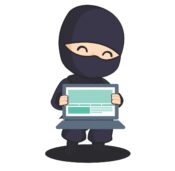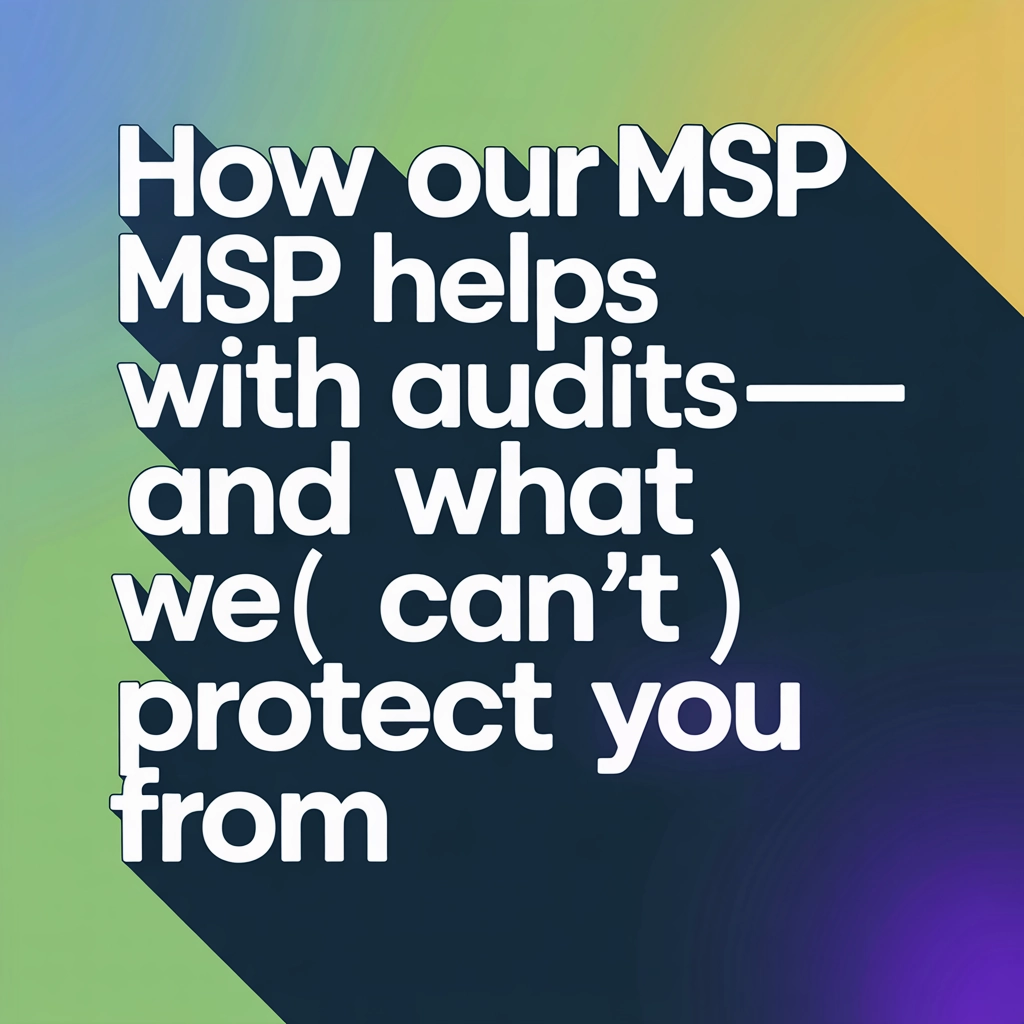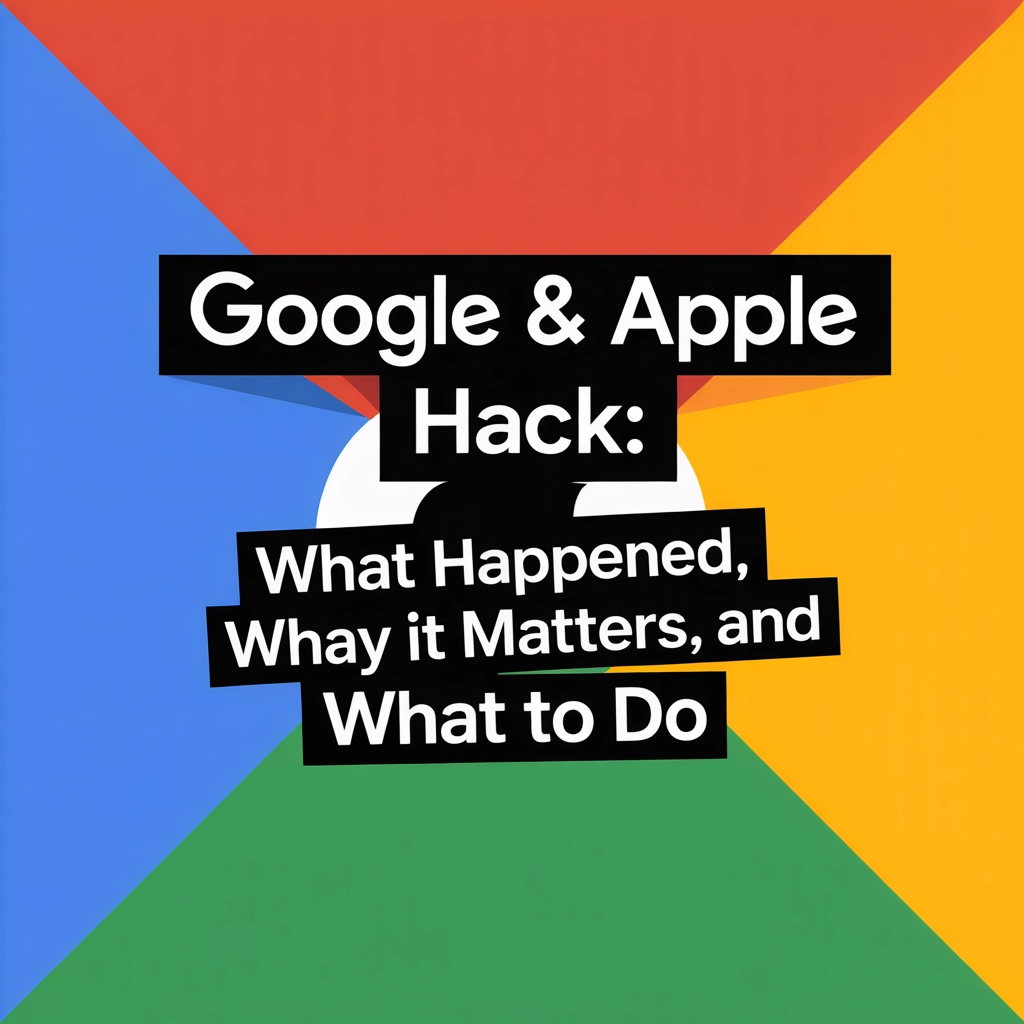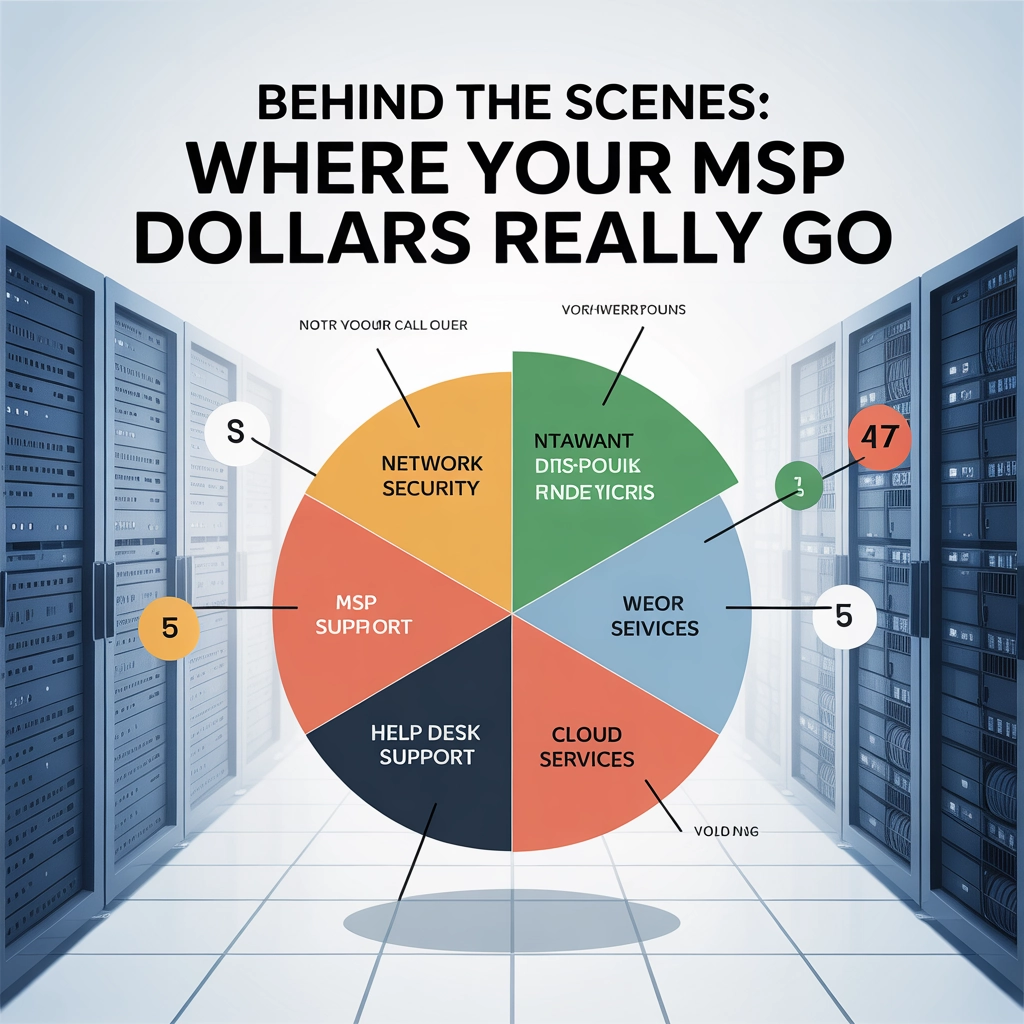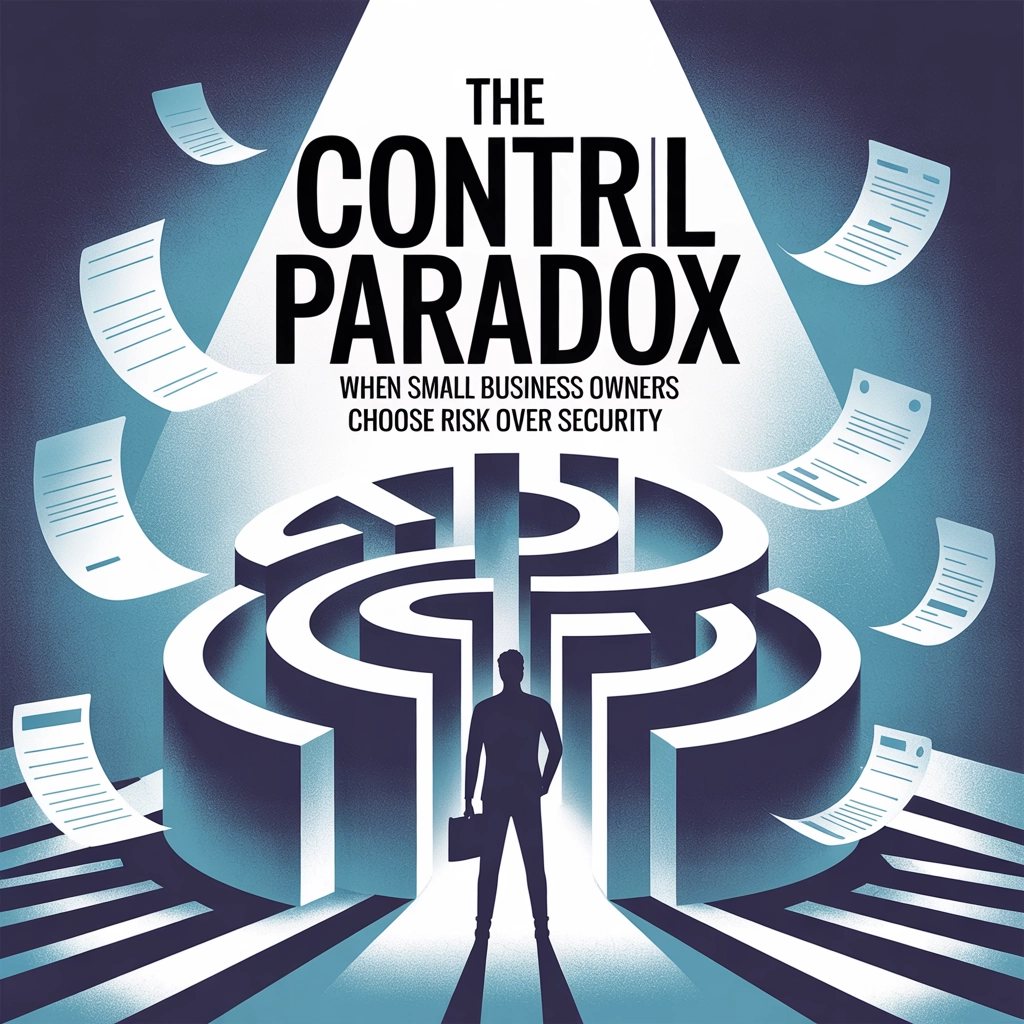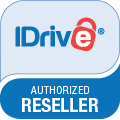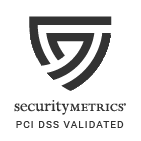Here are some quick tips to stay safer when connected on the inter webs.
- Use Strong Passwords
- This is a very common thing you’ll hear. Use a strong password. What makes a strong password though?
- Minimum of 8 characters
- 1 Capital
- 1 Lowercase
- 1 Special Symbol
- Or scratch the above and use a phrase with spaces and caps (providing the service allows spaces)
- This is a very common thing you’ll hear. Use a strong password. What makes a strong password though?
- Don’t use the same password for multiple sites
- This is another common one. The reality is that if someone does manage to get one of your passwords, then finds out what other accounts you have, then they instantly get into the other accounts without effort!
- Use a password manager
- Coming up with passwords can be difficult, let alone remembering them. Password managers can create strong passwords and store all your passwords safely (or rather, as safe as possible) as well as any information relating to them, such as security questions, or even credit card info.
- Which password manager to use?
- Lastpass is a personal favorite. It encrypts your data, then uploads it to the cloud so you can access from anywhere. It also auto fills in forms, and logins. If help is needed, I offer a service to help manage your Lastpass!
- If you don’t want to go cloud, you can store your passwords using something like KeePass. It’s not as pretty as Lastpass, but the data is stored on your computer rather than the cloud.
- Enable Two Factor Authentication whenever possible
- Two-factor authentication is a security method that prompts for a code whenever you sign in, or sign in on a new device. This code can be sent to your email, text or authentication app. This means if someone tries to get into your account without authorization, they will be stopped by a code that changes every 30 seconds.
- Make sure your wifi connection is secured
- This also goes hand in hand with avoid low end equipment.
- Click here for awesome network equipment,
- Don’t use the default password on your wifi network
- Change the SSID (the wireless network name) from default
- Use WPA2 with AES (don’t use TKIP)
- Disable WPS, as the pins are guaranteed to be crackable
- Use a strong wifi password. Don’t use your phone number
- This also goes hand in hand with avoid low end equipment.
- When on wifi that’s not your own, use something to secure your connection
- This can be a VPN or you could direct traffic through your home router via VPN or SSH.
- If you’re not connected to one of the above. Make sure ALL sites you fill any logins into are secured with HTTPS
- If you get certificate errors, on https sites, get off the network you’re on
- Use Google Chrome (or FireFox)
- Avoid using internet explorer or edge, they’re bulky, slow and not as secure.
- Install the MyWot.com plugin as this will monitor the sites you’re on and tell you what links are safe or not.
- Any page asking you to call your ISP or Microsoft is fake
- Any page, and I mean any page that asks you to call someone because your computer has a virus is fake. Know the difference between your antivirus alerting you vs a fake browser alert. Don’t call numbers on popups. Or at least Google the number to see if it’s legitimate. It probably won’t be.
- Use Email Securely
- Avoid using programs like Outlook which are clunky and less secure, go in through webmail.
- Avoid using your ISP’s email address
- Don’t send personal information via email
- Make sure shopping sites you’re on are using HTTPS
- Look for the padlock. HTTPS means your data is encrypted to and from the website you’re visiting. Making it harder for prying eyes to see your info.
- Avoid giving away identifying information
- This means don’t publicly post information like pets names, maiden names, addresses, etc.
- Don’t post times you’ll be out of town online
- Know who you’re calling, chatting with or emailing
- This is a given. Be cautious with communications with unknown parties. Do your research to find if they’re legitimate. Or feel free to ask us and we’ll look into them for you!
- Go Paperless
- Ditch the paper bills, which can be easier to steal out of your mailbox.
- Stay Up to Date
- Stay on top of your system updates and keep your programs up to date. Security flaws are constantly being patched.
- Pay attention to your finances and credit
- Keep on the lookout for unknown charges. Use an app like Mint to see all accounts in one place.
- Watch your credit scores and history. CreditKarma offers free monitoring, as does Mint and Lastpass.
- Back up your computer
- I have a whole article on this alone. https://www.ustech.ninja/backups-are-important/
- Sign up for our worry free plan
- Our worry free plan helps you maintain your security ad includes services such as secure email and password management!
- You also get updates as to new things we find to help you.
- Check it out at http://myaz.tech/unlimited
Share this:
- Click to share on Facebook (Opens in new window) Facebook
- Click to share on Tumblr (Opens in new window) Tumblr
- Click to share on X (Opens in new window) X
- Click to share on Pocket (Opens in new window) Pocket
- Click to share on Pinterest (Opens in new window) Pinterest
- Click to share on LinkedIn (Opens in new window) LinkedIn
